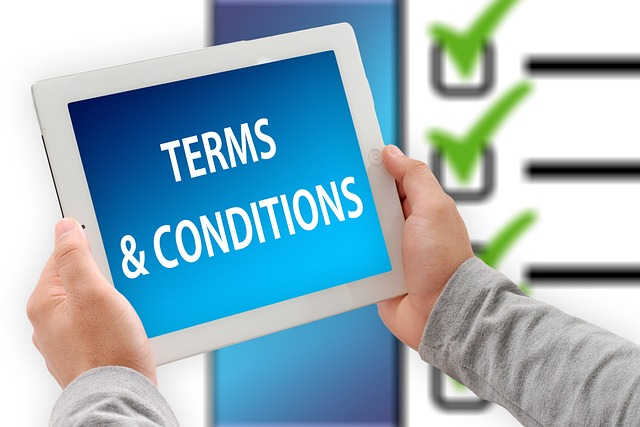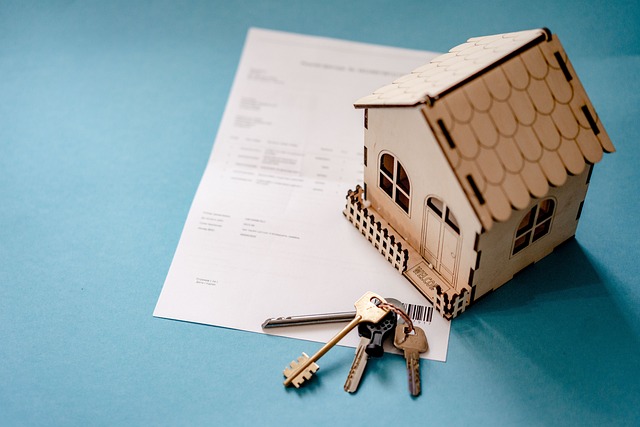A Student Rental Lease Agreement is a legally binding contract between landlords and tenants, covering essential lease terms explained. These include rent amounts, payment schedules, stay duration, maintenance responsibilities, subletting rules, property condition, dispute resolution, communication expectations, notice periods for moving out, and procedures for addressing repairs or rent adjustments. Understanding these lease terms explained is crucial for students to protect themselves, maintain a positive rental experience, and foster harmonious relationships with landlords and property managers. Regular communication and careful review of the agreement are key to ensuring a clear comprehension of rights and responsibilities.
“Unraveling the intricacies of student rental leases is essential for both tenants and landlords. In this comprehensive guide, we’ll demystify the key components of a student rental lease agreement. From defining lease terms explained to understanding responsibilities and obligations, we equip students with knowledge to navigate their living arrangements confidently. By the end, you’ll be well-prepared to read and interpret your lease agreement, ensuring a smooth and beneficial rental experience.”
- What is a Student Rental Lease Agreement?
- Key Lease Terms You Need to Know
- Understanding Your Responsibilities as a Tenant
- Landlord Obligations and Rights
- How to Read and Interpret Your Lease Agreement
What is a Student Rental Lease Agreement?

A Student Rental Lease Agreement, also known as a rental contract or tenancy agreement, is a legal document that outlines the rights and responsibilities between a landlord and a tenant for a property specifically rented to a student. It’s a crucial document that provides clarity on various lease terms explained in detail, including rent amount, payment due dates, duration of stay, maintenance responsibilities, and rules regarding subletting or altering the premises. Understanding these terms is essential for students to ensure they know what to expect during their rental period.
The agreement covers key aspects such as the property’s condition, any restrictions on use, and procedures for handling disputes or damage. It also clarifies expectations around communication, notice periods for moving out, and the process for resolving issues like repairs or rent adjustments. By thoroughly reviewing this document, students can protect themselves and ensure a smooth rental experience throughout their academic journey.
Key Lease Terms You Need to Know

When renting as a student, understanding your lease agreement is vital for ensuring a smooth living experience. Here are some key lease terms you need to know. First and foremost, familiarize yourself with the start and end dates of the lease, which define when you’re obligated to pay rent and when your tenancy ends. This helps in planning your budget and packing schedule accordingly.
Additionally, be clear on the rent amount and payment methods. Lease terms should outline the monthly rent due date and any late fees or consequences for delayed payments. Also, look out for details on security deposits – these are typically returned at the end of your tenancy, provided there’s no damage to the property beyond normal wear and tear. Knowing what’s covered in case of repairs or maintenance issues is crucial as well.
Understanding Your Responsibilities as a Tenant

As a tenant, understanding your responsibilities is crucial when navigating lease terms explained in student rental agreements. This includes maintaining the property, respecting noise levels and privacy, and ensuring timely rent payments. It’s essential to be familiar with rules regarding pets, guests, and any specific amenities offered by the landlord or housing complex. By clearly comprehending these obligations, students can foster a harmonious living environment and avoid potential conflicts.
Knowing your rights and duties as a tenant empowers you to hold yourself and others accountable. This proactive approach ensures that the rental experience is positive and stress-free, especially in dynamic environments like student housing. Regular communication with landlords or property managers is key to clarifying any uncertainties regarding lease terms explained and fostering a respectful relationship.
Landlord Obligations and Rights

When it comes to student rental lease agreements, understanding the landlord’s obligations and rights is crucial for navigating lease terms explained. Landlords are responsible for providing a safe and habitable living space. This includes ensuring the property meets health and safety standards, conducting regular maintenance, and promptly addressing any repairs needed by the tenant. They also have the right to enter the property with reasonable notice for inspections or to carry out essential repairs.
Additionally, landlords must respect tenants’ privacy rights, providing a certain level of confidentiality regarding their personal information. They can terminate the lease only under specific conditions, such as non-payment of rent or violation of lease terms. Knowing these obligations and rights empowers students to make informed decisions when signing rental agreements, helping them understand their protections and responsibilities within the lease terms explained.
How to Read and Interpret Your Lease Agreement

Reading and interpreting your student rental lease agreement is a crucial step in ensuring you understand your rights and responsibilities as a tenant. Start by thoroughly reviewing every section, paying close attention to key lease terms explained in detail. Note down any clauses that seem unclear or unfamiliar; these may include provisions related to rent payment deadlines, maintenance responsibilities, subletting rules, and eviction processes.
Don’t hesitate to ask your landlord or property manager questions about any part of the agreement you don’t understand. It’s essential to clarify these points before signing to avoid potential misunderstandings later. Understanding lease terms explained clearly can help you navigate your rental experience with confidence and protect yourself from unexpected surprises.






